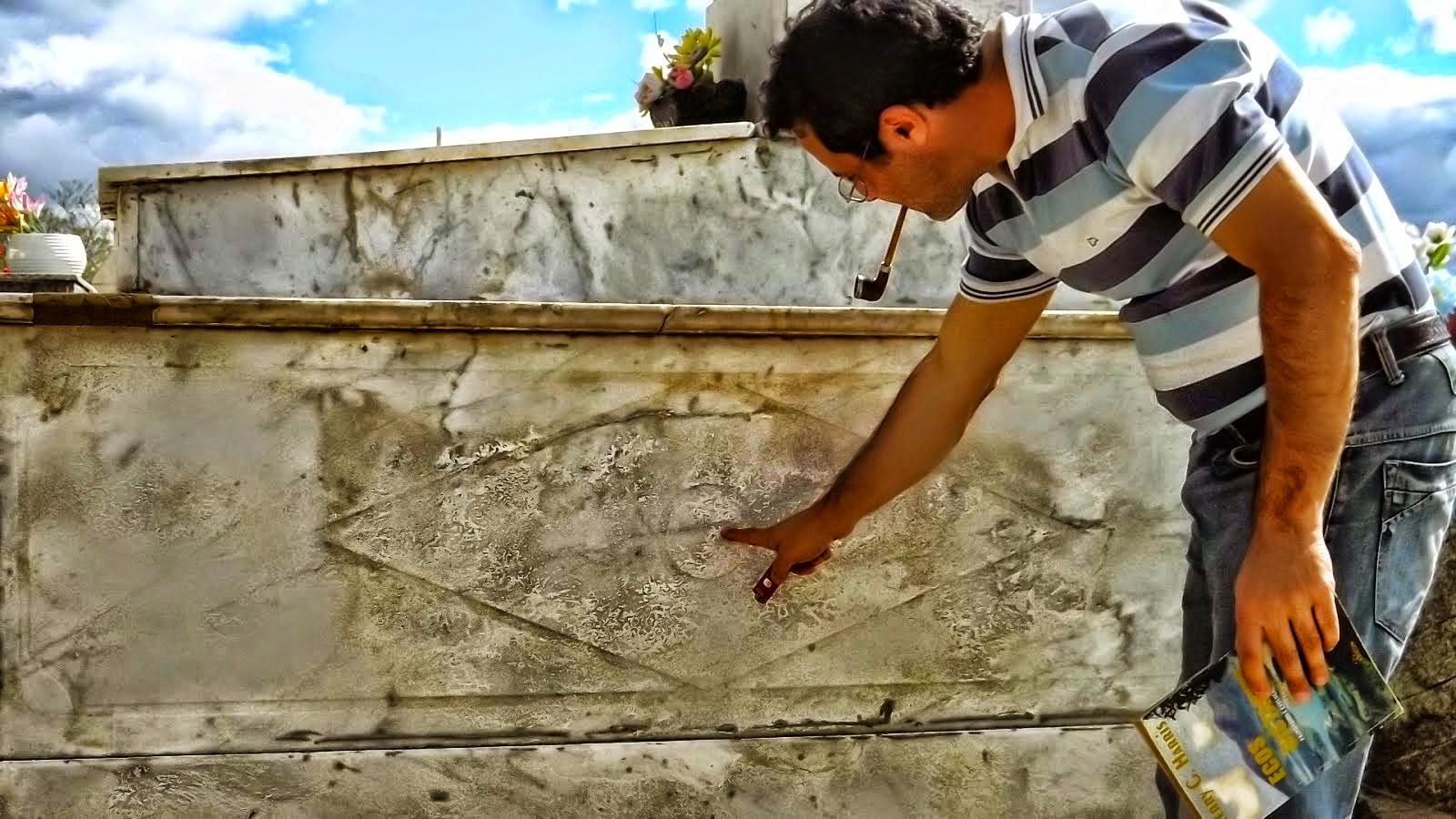IN "SCHOOL STATE COLONEL JOHN ERNEST FIGUEIREDO (FIG TREE)" TOWN OF JOHN - SAINT PAUL STATE - BRAZIL.

"foto: Décio Badari and
"EMERSON WALNUT
INFORMATION
ELECTORAL JUSTICE""

Campaign TSE - Labor TSE and Electoral Justice (2014)

The Electoral Court of Brazil was created by Decree No. 21.076 of February 24, 1932, representing one of the innovations created by the Revolution of 1930 (or 1930 Strike). In 1932 was enacted the Brazilian Electoral Code, inspired by Czech Electoral Justice and the ideas of the politician, farmer and Ambassador Joaquim Francisco de Assis Brazil.

Joaquim Francisco de Assis Brazil (São Gabriel, July 29, 1857 - December 24, 1938) was a lawyer, politician, orator, writer, poet, prose writer, diplomat and statesman Brazilian; propagandist of the Republic. He was the founder of the Liberator Party, deputy and member of the governing board of gaucho 1891.
Currently, the existence and regulation of the Electoral Court of Brazil is given in Articles 118-121 of the Constitution of 1988, which states that the Union exclusive competence to legislate on electoral law and, further, that:. "121 Art supplementary law shall on the organization and jurisdiction of courts, judges of law and electoral boards. "
As such supplementary law has not yet been established, the main laws governing the Electoral Law are the Electoral Code of 1965, Act 9504 of 1997, the Political Parties Act, 1995, Law 12.034 of 2009 and periodic legislative resolutions the Superior Electoral Court, TSE, which regulate the elections with the force of law.
These standards, particularly the Electoral Code of 1965, grant to TSE characteristic powers of the Executive and the Legislature. Thus, the Superior Electoral Court is the only member of the Brazilian justice agency that has administrative functions and rules that go beyond its jurisdictional scope. Because it contains the word "court" in its name, is called "Electoral Justice", but plays and is in fact the true Elections Administrator, assuming all executive, operational, and much of the standardization administration of the electoral process. (...)
15/10/2014 22h04 - 22h04 Updated 15/10/2014
TRE starts preparing ballots for runoff elections in ALAGOAS state
According to the court, 7,900 ballots are being updated for the elections. Developers cadastram photos and numbers of presidential candidates.

(...)
Urnas defeituosas
Segundo o TRE, 258 urnas de Alagoas apresentaram problemas com o leitor de biometria no primeiro turno. No entanto, elas possuem uma tecnologia que permite emitir relatórios que revelam aos técnicos o que ocorreu durante a votação. Assim, o Tribunal Superior Eleitoral (TSE) pode descobrir mais precisamente quando há uma falha na peça que realiza a identificação do eleitor pelas impressões digitais.
De acordo com o TSE, o defeito na biometria foi o motivo para as grandes filas e atrasos que aconteceram em várias sessões de Maceió, Aracaju e Brasília. Algumas delas chegaram a funcionar até as 20h, três horas após o encerramento da eleição.
De acordo com o TSE, o defeito na biometria foi o motivo para as grandes filas e atrasos que aconteceram em várias sessões de Maceió, Aracaju e Brasília. Algumas delas chegaram a funcionar até as 20h, três horas após o encerramento da eleição.
(...)


Nenhum comentário:
Postar um comentário